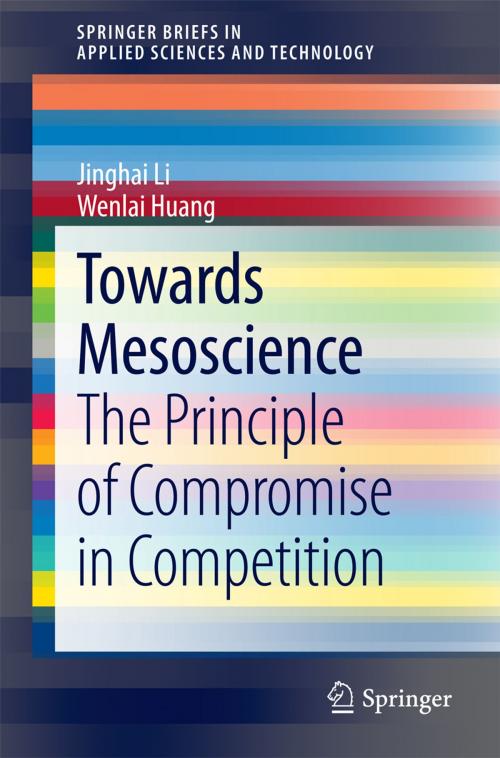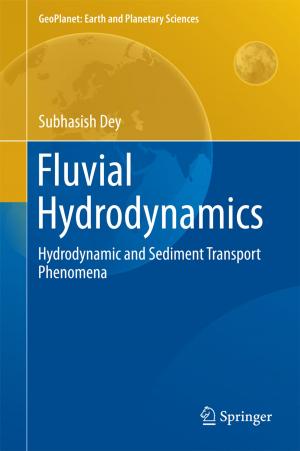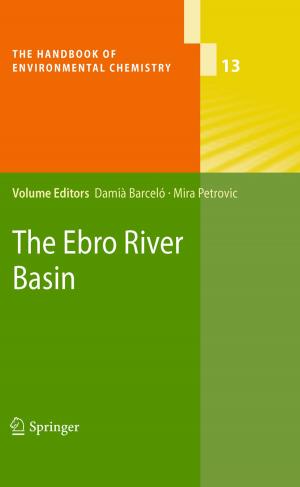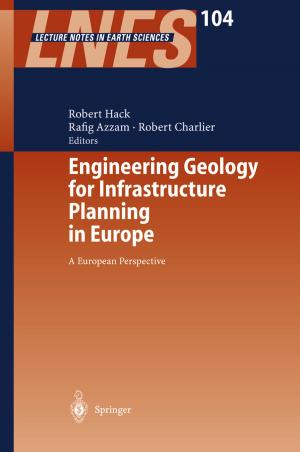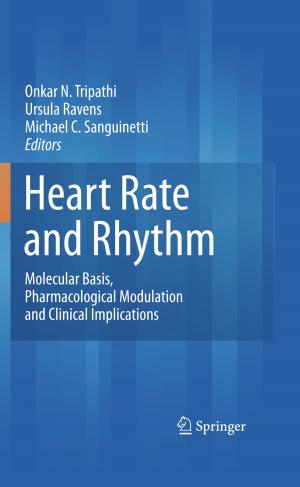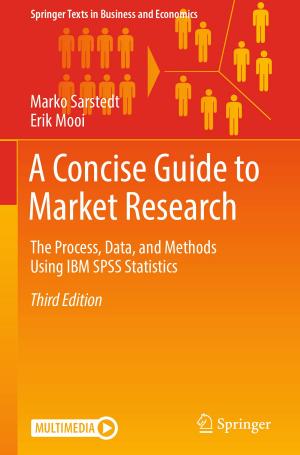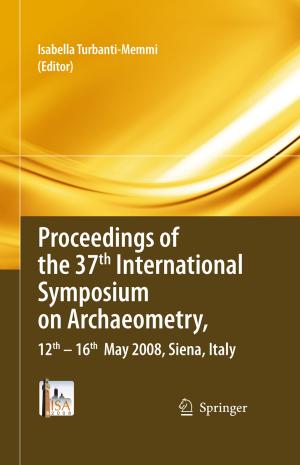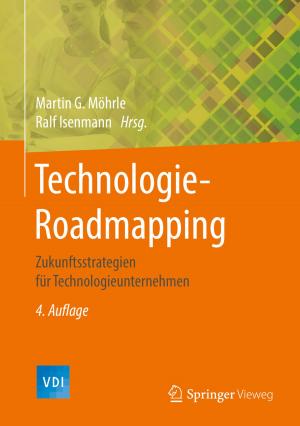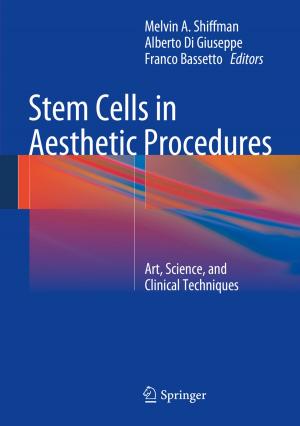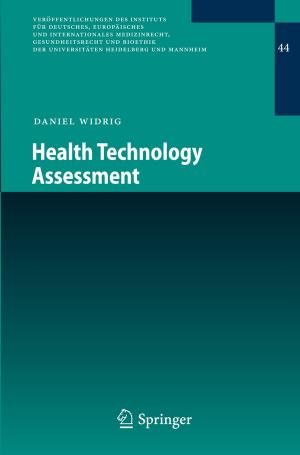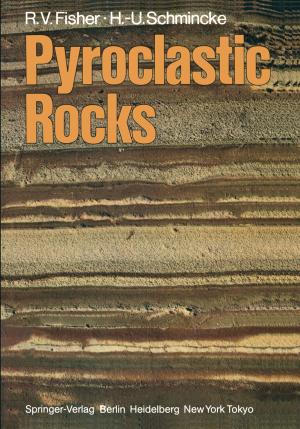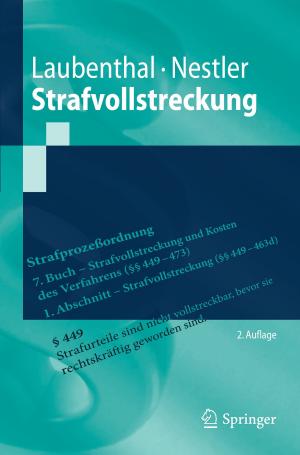Towards Mesoscience
The Principle of Compromise in Competition
Nonfiction, Science & Nature, Science, Chemistry, Technical & Industrial, Technology, Engineering, Mechanical| Author: | Jinghai Li, Wenlai Huang | ISBN: | 9783642417900 |
| Publisher: | Springer Berlin Heidelberg | Publication: | January 24, 2014 |
| Imprint: | Springer | Language: | English |
| Author: | Jinghai Li, Wenlai Huang |
| ISBN: | 9783642417900 |
| Publisher: | Springer Berlin Heidelberg |
| Publication: | January 24, 2014 |
| Imprint: | Springer |
| Language: | English |
This brief is devoted to providing a complete outline of meso-science by briefing the relevant contents from the published book and by updating evidences and concepts of meso-science. The importance of meso-science in solving various problems in energy, resource, and the environment is introduced. The whole evolutionary development of the EMMS principle is reviewed to show how a simple idea on the customized modeling of particle clustering in gas-solid systems was developed, verified, extended, and finally generalized into the common principle of compromise in competition between dominant mechanisms for all mesoscale phenomena in science and engineering, leading to the proposition of meso-science. More importantly, updates on the concept of meso-science and perspectives are presented, along with new insights and findings from after the publication of the original book. In this way, we hope to help readers more easily familiarize themselves with meso-science, and to trigger interest and attention to this interdisciplinary field.
Application areas include:
- multiphase flow and fluid dynamics
- chemical, biochemical and process engineering
- mineral processing and metallurgical engineering
- energy and resources
- material science and engineering
Jinghai Li is vice president of Chinese Academy of Sciences (CAS), professor at Institute of Process Engineering of CAS. Wenlai Huang is associate professor at Institute of Process Engineering of CAS.
This book has been translated into Chinese and published by Science Press, please visit here for the Chinese version: http://www.sciencep.com/s_single.php?id=35751
This brief is devoted to providing a complete outline of meso-science by briefing the relevant contents from the published book and by updating evidences and concepts of meso-science. The importance of meso-science in solving various problems in energy, resource, and the environment is introduced. The whole evolutionary development of the EMMS principle is reviewed to show how a simple idea on the customized modeling of particle clustering in gas-solid systems was developed, verified, extended, and finally generalized into the common principle of compromise in competition between dominant mechanisms for all mesoscale phenomena in science and engineering, leading to the proposition of meso-science. More importantly, updates on the concept of meso-science and perspectives are presented, along with new insights and findings from after the publication of the original book. In this way, we hope to help readers more easily familiarize themselves with meso-science, and to trigger interest and attention to this interdisciplinary field.
Application areas include:
- multiphase flow and fluid dynamics
- chemical, biochemical and process engineering
- mineral processing and metallurgical engineering
- energy and resources
- material science and engineering
Jinghai Li is vice president of Chinese Academy of Sciences (CAS), professor at Institute of Process Engineering of CAS. Wenlai Huang is associate professor at Institute of Process Engineering of CAS.
This book has been translated into Chinese and published by Science Press, please visit here for the Chinese version: http://www.sciencep.com/s_single.php?id=35751
